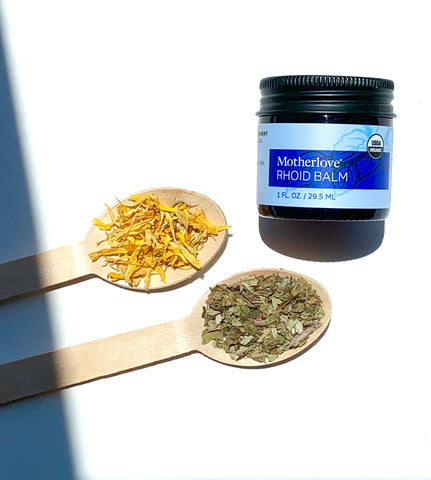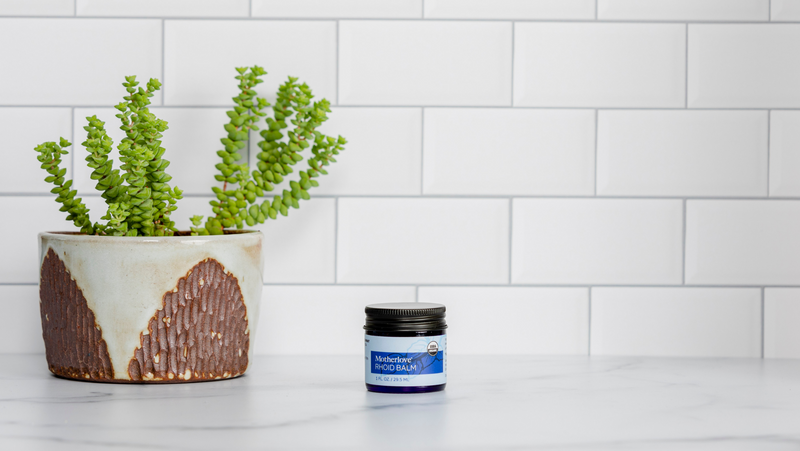
Hemorrhoids are a common but very unwelcome part of pregnancy and postpartum. So you may be wondering what can you do to prevent them, and what can you do to treat them.
What are hemorrhoids, and why are we more likely to get them during pregnancy and postpartum?
Hemorrhoids are a result of increased blood flow in pregnancy, particularly to those below your uterus. These veins can become dilated and swollen, and itch, burn, and bleed.
How can you prevent hemorrhoids in pregnancy and postpartum?
The key to preventing hemorrhoids is avoiding constipation, which puts extra pressure on your rectum during bowel movements. To prevent or reduce constipation, you can:
- Push fluids. Increase your water take to at least 8-10 glasses a day.
- Increase fiber. Eat whole fruits and vegetables, and add other forms of fiber (flax seeds, chia seeds, oat or wheat bran, or other high fiber powder) to smoothies and drinks. How about a high fiber blueberry pomegranate flax seed smoothie?
- Eat anti-constipation foods. Some recommendations are prunes, apricots, peaches, pears, pine, and figs.
- Keep moving. Exercise (as your provider recommends) will keep things moving internally.
- Do Kegels. Kegels are beneficial because they increase circulation to the area and because they strengthen vaginal and perineal muscles, which will help recovery after delivery.
If you have hemorrhoids, what can you do to treat them?
- Avoid further constipation (see suggestions above)
- Take it easy - Avoid strenuous lifting, and lie down when you can to take the pressure off
- Keep the area clean - Using wipes instead of toilet paper will keep the area clean may be more comfortable
- Use our Rhoid Balm during pregnancy and after to ease the discomfort of hemorrhoid tissues.
- Ice the area: Sitting on a carefully covered ice pack may provide some relief.
- And finally, don’t despair! Your hemorrhoids should start to go away once your baby arrives.



